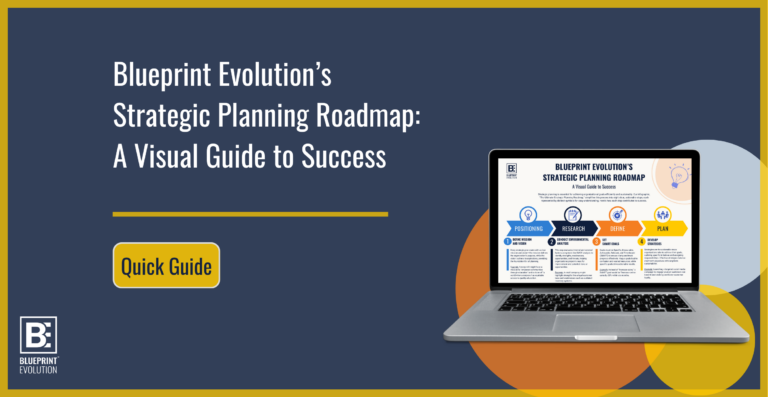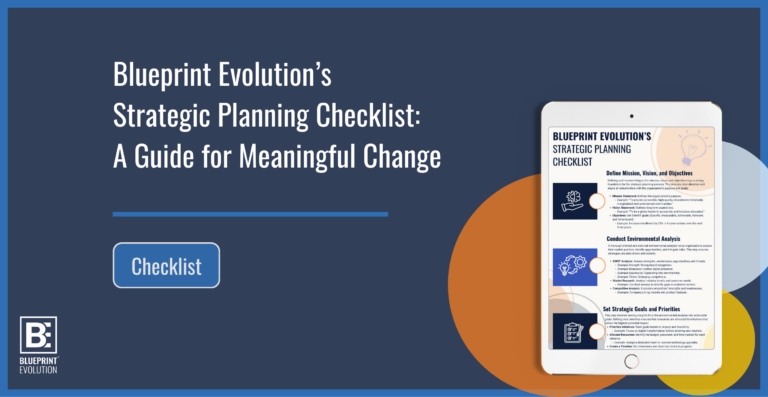Performance Measurement and Monitoring in Strategic Organizational Planning
Importance of Strategic Planning
Strategic planning is a crucial element for achieving organizational success. According to a study by the Harvard Business Review, companies that effectively plan and execute their strategies are 60% more likely to outperform their peers.
Strategic planning helps organizations set clear objectives, allocate resources efficiently, and align their efforts with long-term goals. Establishing key performance indicators (KPIs) further enhances this process by allowing organizations to track progress, measure effectiveness, identify areas for improvement, and stay on course. This structured approach not only facilitates better decision-making but also ensures that organizations remain focused and adaptable in a competitive landscape.

The Blueprint Method
- Improved Decision-Making: With accurate and timely data, leaders can make informed decisions that drive success.
- Increased Accountability: Clear KPIs ensure every team member understands their role and responsibilities, fostering a culture of accountability.
- Enhanced Strategic Alignment: Regular monitoring ensures that all activities are aligned with the organization’s strategic objectives.
- Continuous Improvement: By evaluating performance regularly, organizations can identify inefficiencies and implement improvements swiftly.
- Better Resource Allocation: Understanding which areas are performing well and which need attention helps in prioritizing resource allocation.
For more information on how our Performance Measurement and Monitoring services can benefit your organization, contact us today!

- Mission & Vision
-
A well-defined mission statement is crucial as it clearly articulates the organization’s purpose and identity, ensuring all strategic efforts are aligned with its core values and goals. A compelling vision statement is equally important as it outlines the desired future state, serving as a strategic guide that directs decision-making and unifies the organization’s efforts towards achieving long-term objectives and success.
- SWOT Analysis
-
Conducting a comprehensive SWOT analysis is essential for strategic planning. By examining the organization’s internal strengths and weaknesses, along with external opportunities and threats, this assessment identifies critical strategic areas to leverage and potential challenges to address. It provides a clear understanding of the current landscape, guiding informed decision-making and effective strategy development.
- Goals & Objectives
-
Setting specific, measurable, achievable, relevant, and time-bound (SMART) goals is vital because it ensures alignment with the organization’s mission and vision. Clear objectives provide a focused and strategic approach, allowing the organization to track progress and effectively achieve its desired outcomes. This structured framework helps in prioritizing efforts, optimizing resources, and maintaining accountability.
- Strategic Initiatives & Action Plans
-
Formulating strategic initiatives and detailed action plans is essential because it translates goals into actionable steps, ensuring clarity and direction. By outlining specific tasks, allocating resources, and assigning responsibilities, organizations can effectively implement their strategic plan and drive progress toward their objectives.
- Performance Measurement & Monitoring
-
Establishing key performance indicators (KPIs) to measure progress toward strategic goals is essential because it provides a clear framework for assessing success. Regular monitoring and evaluation against these indicators enable organizations to adapt and adjust their strategies, ensuring continuous improvement and alignment with objectives.











